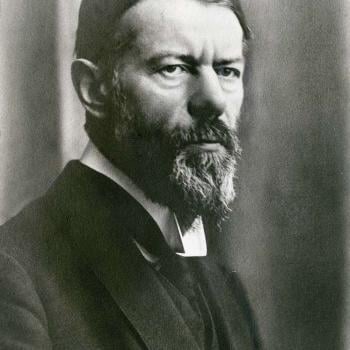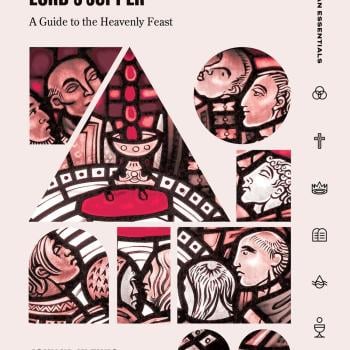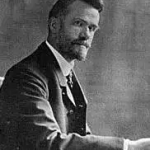I thought I would pass along a notice from my colleague at Patrick Henry College, John Warwick Montgomery:
I would appreciate your spreading the word that the new edition of my Tractatus (published this month by the Verlag fuer Kultur und Wissenschaft, Bonn, Germany, and distributed in the Americas by the Canadian Institute for Law, Theology and Public Policy: www.ciltpp.com) contains over 75 additional propositions/corrections/improvements since the first edition was published in 2002. These have come about largely as a by-product of my continuing dialogues/debates with non-Christians, such as the major debate on God’s existence won last year at University College, Dublin.
The book is Tractatus Logico-Theologicus, though it isn’t in Latin and isn’t as hard to read as it sounds. (The title is an allusion to Wittgenstein’s Tractatus Logico-Philosophicus. In looking up how to spell that, I found that Wittgenstein, the great logician generally associated with logical positivism, converted to Christianity! Did you know that?) At any rate, Montgomery’s book is a series of aphorisms and chains of logic that sum up his apologetic method and his arguments for the truth of Christianity.












